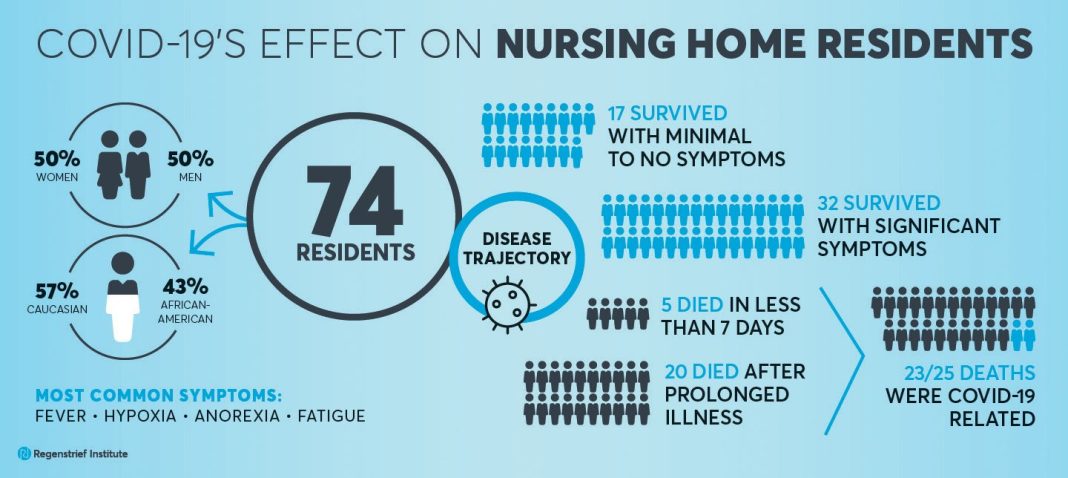 Virginia Governor Glenn Youngkin announced on June 5 that his state will no longer adhere to California’s mandate requiring all new cars sold in the state to be electric by 2035. In a statement, Governor Youngkin criticized the “misguided electric vehicle mandate imposed by unelected leaders nearly 3,000 miles away” and emphasized the importance of individual freedom in choosing vehicles that best suit the needs of Virginians.
Virginia Governor Glenn Youngkin announced on June 5 that his state will no longer adhere to California’s mandate requiring all new cars sold in the state to be electric by 2035. In a statement, Governor Youngkin criticized the “misguided electric vehicle mandate imposed by unelected leaders nearly 3,000 miles away” and emphasized the importance of individual freedom in choosing vehicles that best suit the needs of Virginians.
The decision by Governor Youngkin comes after lawmakers in Virginia approved a measure in 2021 aligning the state’s car emissions rules with California’s standards. However, the California Air Resources Board recently initiated a gradual ban on the sale of new gas-powered vehicles in the state, with a complete ban set for 2035. This move has raised concerns in Virginia, where only 9 percent of vehicles sold last year were fully electric.
One of the main concerns raised by the governor’s office is the potential financial burden on consumers and dealers. If Virginia were to continue following California’s standards, hundreds of millions of dollars in penalties could be imposed. This could have a detrimental impact on auto dealers, leading to staff reductions, limited growth opportunities, and even permanent closures for small dealerships.
Attorney General Jason Miyares affirmed that Virginia is not bound to follow California’s regulation and instead will adhere to federal standards from January 1, 2025. He emphasized that allowing Virginians to choose their own vehicles is crucial and dismissed the idea of imposing civil penalties on automobile manufacturers.
Not everyone is in agreement with Governor Youngkin’s decision. The Southern Environmental Law Center (SELC) plans to challenge the decision in court, arguing that it is illegal and against the best interests of Virginians. The SELC believes that adhering to clean car standards will lead to significant health and environmental benefits for the state.
On the other hand, the Virginia Automobile Dealers Association supports Governor Youngkin’s decision. The association initially backed the adoption of California’s emissions standards but has since changed its stance due to a lack of consumer demand for electric vehicles. The high costs, concerns about range anxiety, and insufficient charging infrastructure have hindered the widespread adoption of EVs.
Democrats have criticized Governor Youngkin, accusing him of overstepping his authority and attempting to circumvent legislation. They argue that removing the California-aligned mandate undermines the existing law passed by the legislature. Democrats also express concerns about the impact on Virginia’s pro-business reputation and view the governor’s actions as an attempt to make the state’s adopted standards appear extreme.
In conclusion, Governor Glenn Youngkin’s decision to reject California’s electric vehicle mandate in Virginia has sparked debates and raised important considerations. While some support the move as a way to protect consumer choice and alleviate potential financial burdens, others argue that it undermines environmental goals and legislative processes. The future of car emissions standards in Virginia remains uncertain as legal challenges and political disagreements continue to unfold.


